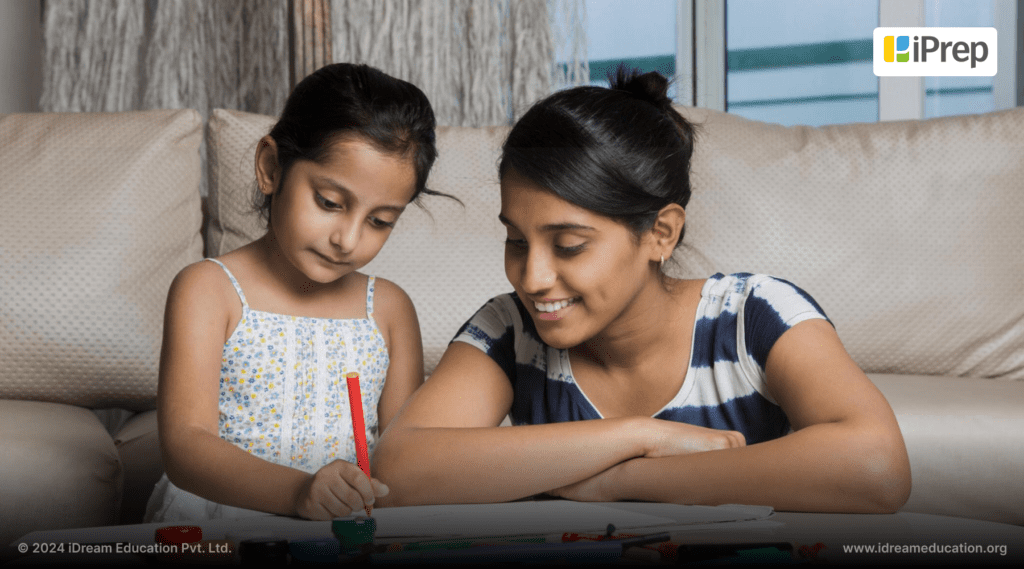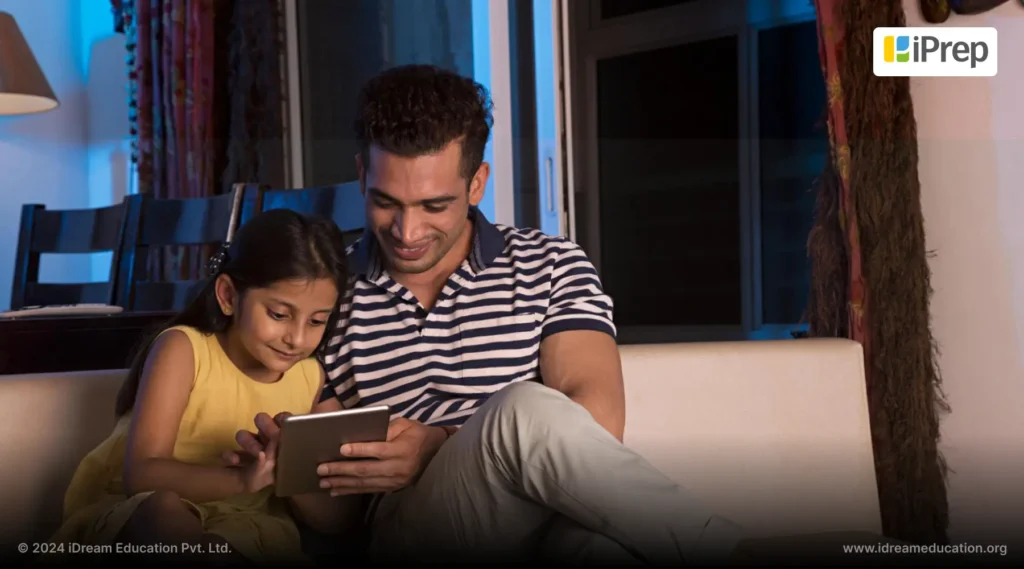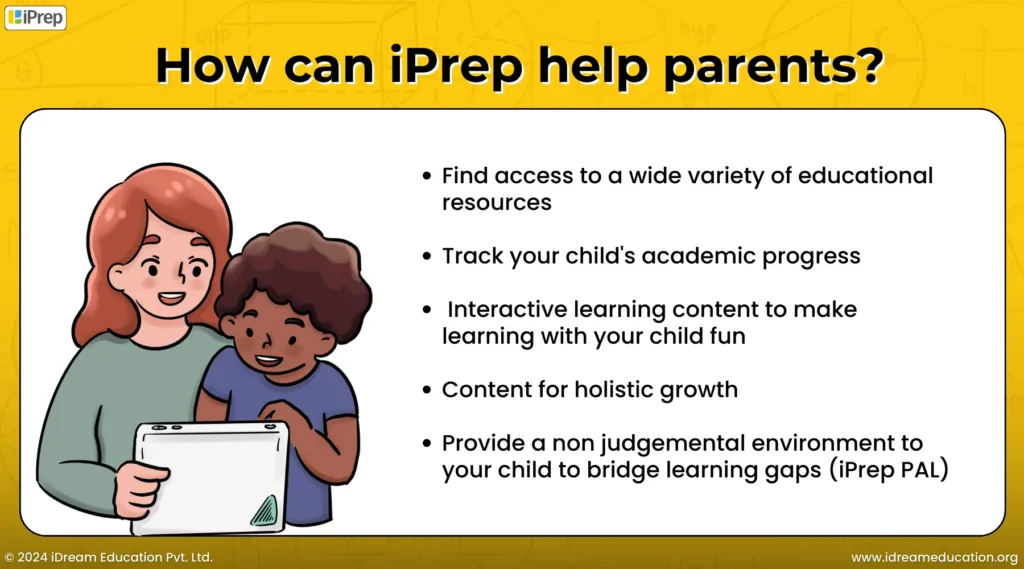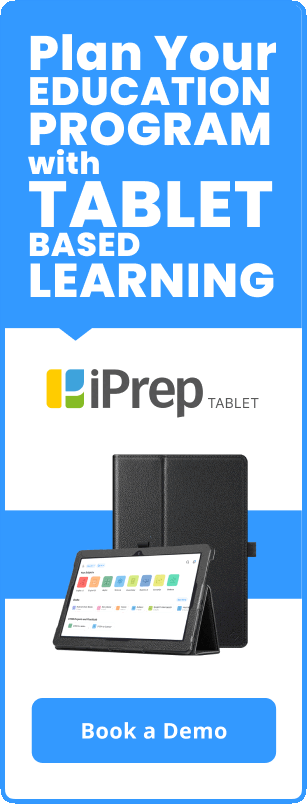Role of Parents in Education: Parental Involvement in Child’s Learning

What is the role of parents in a child’s education? A compelling question that strikes a chord with parents and educators alike.
If you’re reading this as a parent, half the battle is already won. The fact that you’ve landed on this page proves your dedication to ensuring that your child learns well. Give yourself a well-deserved applause for being a responsible and dynamic parent. The role of parents in education is to play a proactive part in helping children achieve their full potential.
This blog will try to provide simple and practical solutions for parental involvement in education.
Let’s explore some fundamental questions at the outset.
What is Parental Involvement in Education?
Traditionally, the role of parents in children’s education was centred on the idea of “participation”. Parental participation in education was based on a perception of schools as hubs of expertise. However, in recent times there has been a shift, redirecting the focus from the school to the child. The preferred concept now is “engagement.”
This simply means that the role of parents in a child’s education goes beyond mere interaction with schools and includes active participation in their children’s learning journeys. Parents now play a crucial role in facilitating learning. This can happen through diverse means such as assisting with academic work or fostering meaningful learning experiences through engaging home activities.
Why should you be involved in your child’s education?
The importance of parental involvement in education is widely acknowledged by educators. Parents play a crucial role as the first teachers of the child. They lay the foundation for learning by providing love, guidance, and the first exposure to language and essential life skills.
A supportive home environment contributes to a positive mindset, providing the necessary foundation for ongoing educational success.
Some ways in which parental involvement in child’s education can have a positive impact on children’s learning are:
Academic Achievement
Studies have shown that there is a positive correlation between the role of parents in education and the improvement of academic performance in students.
Positive Attitude and Improved Behaviour
A proactive role of parents in children’s education fosters a positive attitude towards learning, making education enjoyable for children. It also directly contributes to better behaviour and enhanced social skills.
Emotional Development
Engaged parents significantly contribute to higher levels of self-esteem, confidence, and emotional stability observed in their children.
Effective Communication Skills
The exposure to rich language environments provided by engaged parents serves to promote and enhance effective communication skills in children.
Smooth Transition to School
Active parental involvement during the early stages of education serves as a facilitator for a smoother transition to the school environment.
Sense of Belonging
Parental engagement in education is instrumental in developing socio-emotional skills. This can foster a strong sense of belonging for the child within the school and the larger community.
Long-Term Educational Goals
Engaged parents play a pivotal role in contributing to the setting and achievement of long-term educational goals. This can happen through counseling and psychometric tests and also probing children on what subjects they have real interest in.
10 Ways Parents Can be Involved in Their Child’s Education
While some parents actively engage in their children’s academic lives, others believe that teaching is best left to the experts. Again, some parents either lack the time or feel genuinely confused about how to help. The lack of parental involvement in children’s education can negatively impact academic performance and hinder overall educational development.
Here’s a list of practical steps that you can take as an engaged parent to ensure holistic growth for your children:
Embark on Reading Adventures Together
Explore the magic of shared reading sessions to ignite a passion for learning and boost literacy skills, creating an unbreakable parent-child bond.
Cultivate Curiosity at Home
Foster a nurturing home environment that sparks curiosity, encourages questions, and fuels a love for knowledge, laying the foundation for your child’s holistic development.
Critique with Care
Discover the art of constructive criticism, a powerful tool for growth, resilience, and continuous learning, shaping your child’s mindset for lifelong growth.
Open Dialogues, Strong Bonds
Build a comfortable space for open communication, strengthening the parent-child relationship, addressing challenges, and celebrating shared successes.
Collaborate for Holistic Growth
Collaborate with teachers to gain valuable insights into your child’s educational journey, to ensure a well-rounded approach to their learning experience.
Crafting Consistent Habits
Establish a daily routine for your child, including study time, recreation, and ample rest, to foster discipline and overall well-being.
Quiet Corners for Focused Minds
Designate an organized study space at home to enhance focus and concentration during learning activities, minimizing distractions.
Learning Beyond Classroom Walls
Immerse your child in educational outings, museum visits, and community events, enriching their knowledge and making education a dynamic, real-world experience.
Tech-Savvy Parenting
Stay ahead with educational technology, integrating it wisely to enhance your child’s learning experience and equip them with essential skills for the digital future.
Ensuring a Safe and Balanced Online World
An important part of parenting today also involves fostering a secure and balanced digital environment for your child. This includes establishing clear guidelines for internet usage, utilizing parental control tools, educating the child about cybersecurity, monitoring online activities, staying informed about digital trends, and encouraging responsible online practices.
Ridhaan is a 13 year old boy studying in grade 8. His father is aware that his interest lies in medicine and he could also do well in HR. Ridhaan likes helping people. But he hates math and has not progressed as well in it so far as he has in other subjects. Both he and his father have agreed that it is important for him to face his fears head on in Math. Not doing so may prevent Ridhaan from progressing well in his career. Doing so, on the contrary, will unleash immense opportunities; and it is not so difficult to get better outcomes in Math. They know it’s not about a subject but being structured, strategic & planned whilst enjoying and doing well in subjects you naturally enjoy!
Both have a plan and are acknowledging Ridhaan’s strengths, interest and areas of improvement as well as long term impact and value of education. The key here was a dialogue and some time spent in probing as well as running a simple online psychometric test.
Ed Tech Apps can make your life easier as a parent

Ed Tech can provide innovative ways to help you meaningfully engage in your children’s education and unleash their potential.
Learning Resources
Ed Tech platforms offer a plethora of educational resources, allowing parents to actively engage in their child’s learning process by providing additional support and exploring topics together.
Interactive Learning Activities
Many apps offer interactive learning activities and games that parents can participate in with their child, making the learning experience enjoyable and reinforcing educational concepts.
Communication Channels
Ed Tech apps often include communication features that enable direct interaction with teachers, fostering regular updates on a child’s academic journey, achievements, and areas that may need attention.
Real-time Monitoring
Some apps provide parents with real-time insights into their child’s academic progress, allowing them to track assignments, grades, and overall performance.
Progress Reports and Analytics
Parents can access detailed progress reports and analytics through these apps, gaining insights into their child’s strengths and weaknesses, which can inform targeted support and intervention.
Parental Guidance and Tips
Ed Tech apps often provide guidance and tips for parents on how to support their child’s learning at home, offering suggestions for effective study habits, educational games, and other resources.
Homework and Assignment Notifications
Parents receive notifications about upcoming assignments, tests, and homework through these apps, helping them stay involved in their child’s daily academic activities.
Collaboration Platforms
Some apps include features that facilitate collaboration between parents, teachers, and students. This creates a cohesive educational community where everyone is actively engaged and informed.
Feedback and Evaluation
Ed Tech apps provide a channel for teachers to offer feedback on a child’s performance, allowing parents to understand their child’s progress and address specific areas for improvement.
Professional Development for Parents
Some platforms offer resources and courses for parents to enhance their understanding of modern teaching methods, educational trends, and effective ways to support their child’s learning journey.
How can iPrep help parents?

iPrep, an innovative Ed Tech learning solution, can can support you in enriching your child’s educational journey in the following ways:
Unlock a World of Knowledge
iPrep is a one-stop platform where parents can access a variety of educational resources, including study materials, interactive lessons, and practice exercises aligned with the curriculum.
Track Your Child’s Triumphs
Parents can use the app to track their child’s academic progress, view grades, and gain insights into areas for additional support or improvement.
Fun and Interactive Learning
The app offers interactive learning content that parents can engage in with their children. These activities make the learning process enjoyable and reinforce key educational concepts.
Content for Holistic Growth
Beyond academic subjects, iPrep also includes content for holistic growth, helping you adopt a comprehensive approach to your child’s education.
Tailored Learning with iPrep PAL
Through iPrep PAL you can offer a non-judgemental environment for your child to bridge learning gaps. iPrep PAL designs tailored learning paths that help children learn according to their unique pace and style.
In Conclusion
The role of parents in a child’s education has evolved into a dynamic influence that goes beyond traditional participation. Today, parents are encouraged to be actively engaged in their children’s learning experiences. The involvement of parents in children’s education plays a vital role in nurturing well-rounded, thriving individuals. It’s a journey that empowers parents and children alike.
Frequently Asked Questions -
1. What is the role of parents in education?
The role of parents in education is to play a dynamic role to ensure that children realise their full potential.
2. Why should parents be involved in the education of their children?
Parental involvement in education can foster academic improvement, socio-emotional skills, positive attitude and a long-standing love for learning in a child.
3. What are practical ways for parents to be involved in the education of their children?
Some of the ways in which parents can be involved in the education of their children are reading together, ensuring a nurturing environment at home, using Ed Tech learning apps and empowering the child to be safe online.
4. How can Ed Tech Apps support parental involvement in education?
Ed Tech Apps provide access to parents to educational resources and assist the parents with monitoring, tips and guidance, notifications and platforms for collaboration.
5. How can iPrep help parents to be involved in the education of their children?
iPrep can help parents play a proactive role in the education of their children by providing access to educational resources, interactive learning content and holistic content for growth, and helping track and monitor the child's academic progress.
6. How can iPrep PAL help parents?
Through iPrep PAL parents can offer a non-judgemental environment for your child to bridge their learning gaps using tailored learning paths.
7. What is the evolving role of parents in education?
The role of parents in education has evolved from the concept of participation in school activities to active involvement in the child’s learning at home.







